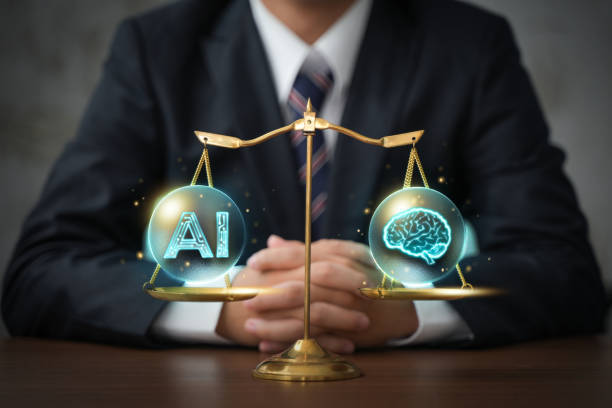- According to Data Prot, by 2027, the worldwide AI industry value will achieve USD 267 billion.
Artificial intelligence is dominating almost every sector. Apart from its wide industrial use, it is very popular as one of higher education technology trends. Some famous examples of AI are chatbots, maps, autocorrect, and social media.
Artificial Intelligence
Artificial intelligence is a technology that deals with intelligent devices that can efficiently perform tasks that demand human intelligence. Further, it is a computer science-based technology. Moreover, Siri and Alexa are some of the famous examples of artificial intelligence.
Powering every small and giant sector, AI has been at the core of many business systems. Similarly, it has invaluable uses in the education domain as well. Its feature and scope of installing a vast application benefit the education system greatly.
Why is AI the most favored higher education technology?
- According to GMI, AI in the education industry was more than USD 1 billion in 2020. It is said to grow by 40% CAGR by 2027.
From back-office management to actual learning experiences, AI can power every tiny to an extensive system in education. The following are some of its benefits as unique higher education technology.
It can enhance student engagement.
AI-enabled chatbots can be effective in this system. In this, students can communicate about their queries or issues and can get help in less time. Also, it makes students more connected with the system. As a result, it increases their engagement.
Classroom training with AI is powerful.
Incorporating AI-based assistance in the classroom can boost the teaching-learning process. For example, AI tutors and chatbots help students resolve their doubts when the professor is not physically present. Though AI tools can not replace human assistance completely, they can sharpen students’ skills with their 24/7 availability.
It enables personalization.
One of the most significant advantages of AI is personalization. AI can facilitate learning depending on students’ experiences and unique selections. As a result, students can set goals and speed of learning by their level of understanding. Moreover, this fosters learning growth.
Benefits to educators
AI can automate mundane tasks like administrative chores or assessment models. For example, teachers need to handle everything from planning lessons and examinations and working on individual feedback to actual teaching. However, artificial intelligence can regulate some of these tasks and let teachers have more focus on education.
AI in engineering education
- Emergen Research says that the AI engineering market size was USD 8.05 billion in 2020. It will seek growth of 41.2% by 2030.
There are many benefits of AI in engineering. Furthermore, there are some successfully built systems backed up by artificial intelligence. They include collaborative robots and aircraft designs, and self-observant manufacturing plants. In addition, AI in engineering education can manage extensive data, optimize machines, etc. Research by Karsten Lensing and Tobias Haerte from TU Dortmund University, Dortmund, Germany, says that AI-based education can foster student motivation.
AI in medical science education
- According to Markets and Markets, AI in the healthcare industry was valued at USD 6.9 billion in 2021. However, it is supposed to reach USD 67.4 billion by 2027with a CAGR of 46.2%.
The use of artificial intelligence in medical science improves the maintenance of data and empowers decision-making.AI in medical science education develops proficient medicine-machine communication. However, there is a need to effectively educate trainers or other professionals about AI systems.
IXR Labs’ contribution to higher education technology trends
Many higher education technologies like artificial intelligence, augmented reality, and virtual reality shape the higher education system. Additionally, they focus on building comprehensive tools or platforms so as to create able students and professionals.
IXR Labs has been working on eminent technologies like augmented reality and virtual reality in the higher education discipline. Additionally, they have made a notable contribution to VR in science, medical science, and engineering areas. Further, K-Lab by IXR consists of extensive educational credentials enhancing the learning experience.
Conclusion
- According to Forbes, from 2024 onwards, 47% of learning management tools will be powered by AI.
Artificial intelligence can enhance higher educational capabilities. Unleash its power to build a cutting-edge educational system.
To know more about higher education technology trends, connect with IXR Labs.



